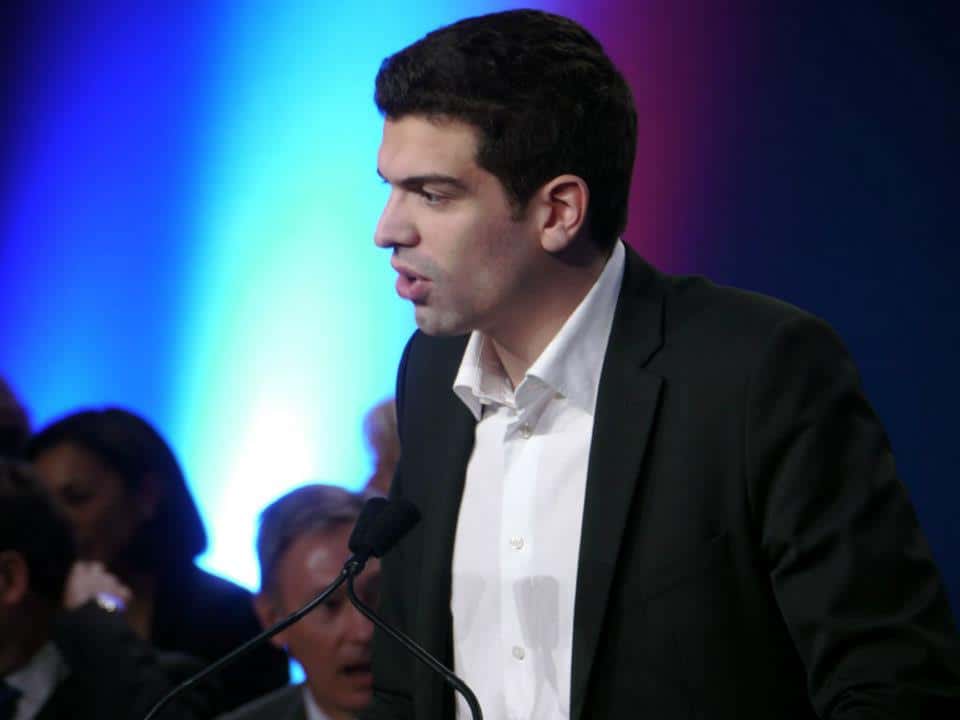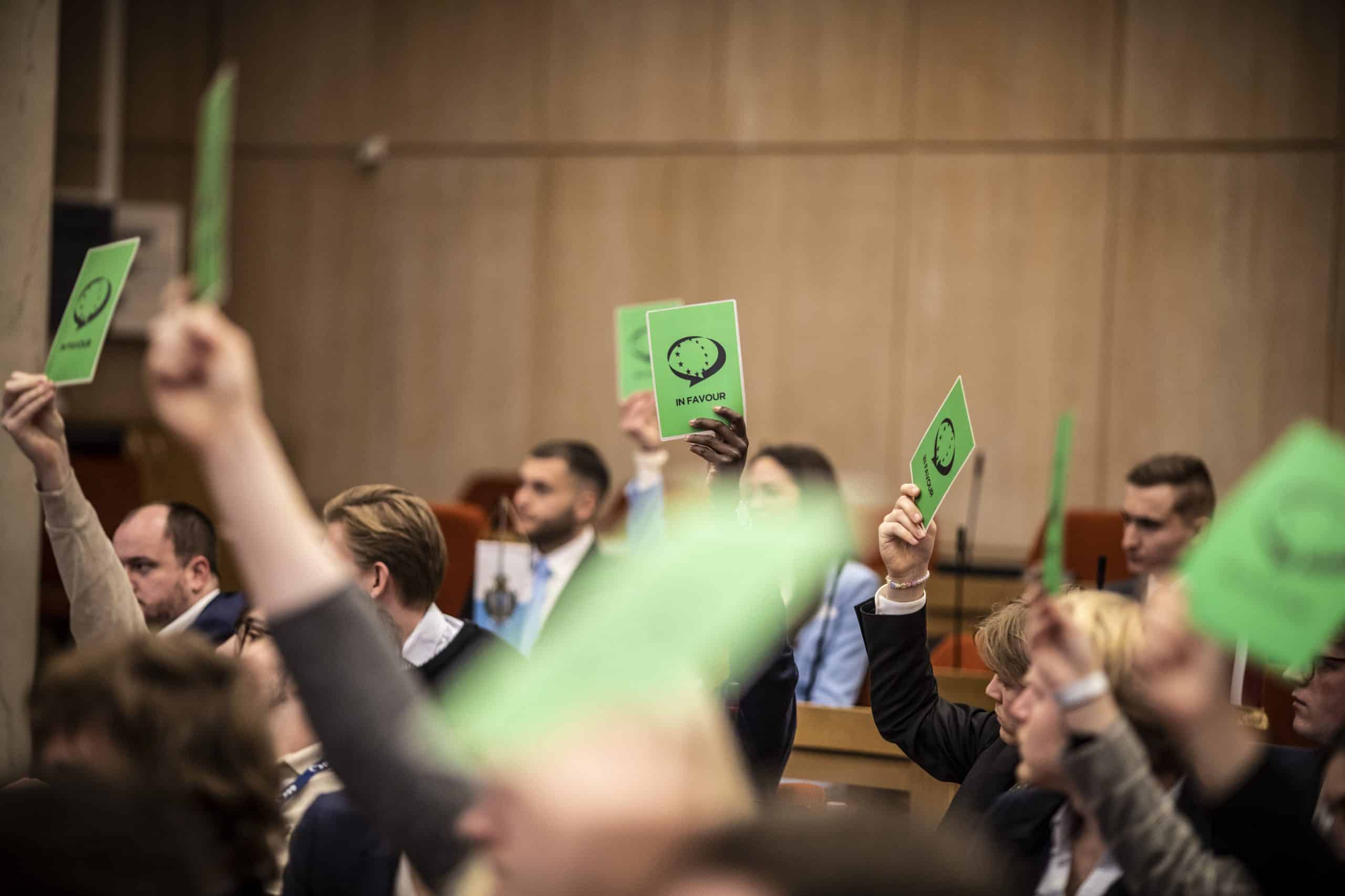In a global scenario of geopolitical instability and economic uncertainties, YEPP gathered for its Council Meeting, from the 11th to the 14th of April, and for the first time in the Benelux in the last 15 years, to discuss the role of Europe in building a common defense, implementing effective energy policies, and understanding the role of the center-right against extremist parties. The event was organized by the CDJA, the youth of the CDA (EPP), with the support of the Konrad Adenauer Stiftung (KAS).
The gathering started on Thursday evening with the address of Dutch Deputy Prime Minister Karien van Gennip delivering a keynote speech on the centrality of Europe’s continuous support for Ukraine, recalling that “the best way to avoid war is to prepare for war.”
On Friday, the first panel focused on the principle of subsidiarity, highlighting the need to rigorously distinguish which issues are better addressed at the European, national, or local level. The following panel highlighted the state of the art of military capacity in Europe and the shortages, both cultural and material, to face an armed conflict. Furthermore, a panel on the future of Christian Democracy was introduced via video by the EPP Chairman Manfred Weber. The discussion focused on the strategy of the centre-right to tackle the dangers of extremist parties on the left and on the right.
The core of the event came at the Council Meeting on Saturday when participants discussed and finally approved six different resolutions. A resolution on “Strengthening European Cooperation in Managing Migration” deals with the need to cooperate at the European level to prevent illegal migration and to support Member States in managing migration crises. Other resolutions stressed YEPP’s support for Armenia over the conflict in Nagorno-Karabakh, called for a spotlight on Yemen’s humanitarian crisis, for improving EU’s policies towards the Arctic, and to drive Bosnia Herzegovina ever closer to EU integration. Finally, YEPP approved a resolution to push for further sanctions to third countries that still trade with Russia.







